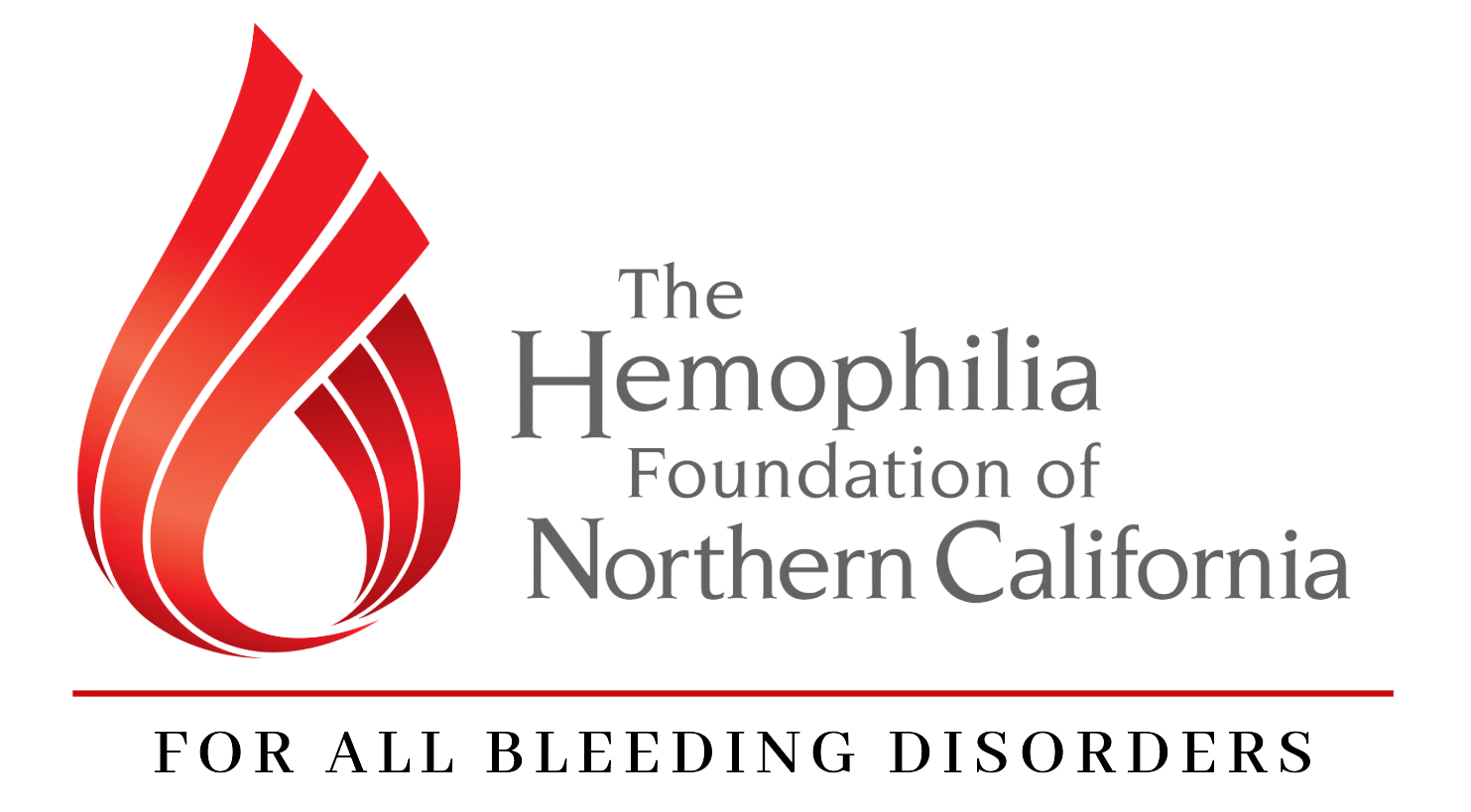
Dear Parent, Young Person, or Guardian in the Bleeding Disorders Community,
Have you heard of or participated in the Future Leaders program? Developed by the Hemophilia Council of California, this initiative aims to engage your children, yourself, and other members of our community. Prepare for a rewarding experience! Participants will leave with a profound sense of accomplishment, camaraderie, and enhanced confidence after a day of interacting with lawmakers and their staff. Allow me to share my perspective as both a parent of a child with a bleeding disorder and as an individual affected by this condition. I have witnessed firsthand how this program has positively influenced our youth, strengthened our community, and empowered volunteers to effect meaningful change in our state.
Upon arrival, I observed that the young participants were dressed impeccably in suits, complemented by red ties or scarves, elegant outfits, and comfortable shoes—an appropriate choice for navigating the halls of Sacramento's political center at the Capitol. I also perceived a profound sense of respect and camaraderie among these young leaders, which was commendable. Their behavior exhibited a remarkable maturity, as they demonstrated knowledge of their roles and engaged effectively with both community members and our elected officials and their staff. The confidence displayed by the team and the Hemophilia Council of California was evident in their composure and expertise regarding the topics we aimed to promote.
Each participant on our team was tasked with sharing personal stories relevant to the issues we aimed to present to our lawmakers. This initiative is crucial as it ensures that our voices and experiences are considered when bills or legislation are deliberated, ultimately influencing decisions that may affect our healthcare.
This year, we championed Assembly Bill 278, sponsored by Assembly Member Rhodesia Ransom. This legislation enables patients to contribute in an advisory capacity to the Office of Health Care Affordability (OHCA) Advisory Board. A study conducted by the National Institutes of Health (NIH) indicates that patients with rare diseases incur healthcare costs that are three to five times higher than those without such conditions (HCC, March 17, 2025, Legislative Day 2025 handout). Our objective is to ensure that by incorporating patients into the advisory process, the OHCA can mitigate cost and other quality of life impacts to persons with bleeding disorders when making critical decisions.
In addition, we have advocated for the continued funding of Medi-Cal, California Children's Services (CCS), and the Genetically Handicapped Persons Program (GHPP), which are essential state-funded health insurance programs. These programs provide vital safety nets for persons with bleeding disorders, enabling them to access comprehensive care from Hemophilia Treatment Centers, primary care providers, emergency service providers, and ancillary care providers. Given the exorbitant costs associated with treatment, many individuals would otherwise forgo basic care for their condition(s). It is imperative that all individuals in California receive the necessary care for their bleeding disorders.
Finally, we raised awareness for the Bleeding Disorders Substance Use and Mental Health Access Coalition, a national initiative established in 2021 after a young individual with a bleeding disorder was denied access to a mental health inpatient facility due to their use of intravenous (IV) therapy (March 17, 2025, HCC, Bleeding Disorders Substance Use and Mental Health Access Coalition handout). This issue is particularly significant as our community continues to grapple with mental health challenges exacerbated by the burden of the disease, despite advancements in treatment options such as subcutaneous therapy and gene therapy. Notably, in 2022, 83% of hemophilia treatment center (HTC) providers surveyed nationally reported that their attempts to place patients in residential substance use or mental health facilities were denied due to the patients' bleeding disorders (March 17, 2025, HCC, Bleeding Disorders Substance Use and Mental Health Access Coalition handout).
These critical topics were addressed through individual stories shared by participants. Some narratives highlighted successful diagnoses and treatments, advocating for continued support and representation. Others conveyed tragic accounts of community members who had succumbed too soon due to underfunding of insurance programs, general lack of awareness regarding bleeding disorders, and the inability to access appropriate care promptly. The emotional depth of these stories was complemented by the varied atmospheres of each representative's office; some were adorned with accolades and photographs, while others featured playful mementos from their districts. Upon entering the offices of my two representatives, I felt a sense of familiarity as I observed the local memorabilia they displayed. Go UCSC Banana Slugs!
A common thread throughout each meeting was our eagerness to share our narratives, coupled with the willingness of our elected officials and their staff to not only hear our concerns but to engage with curiosity, pose thoughtful questions, and convey that our visit was a valuable investment in their decision-making processes.
We expressed immense gratitude for the opportunity to participate in the legislative process. As the day concluded, participants embraced and bid farewell. The youth leaders remained an additional day to recap and strategize for the upcoming year. This year's gathering was notably large, and I eagerly anticipate next year's event. I highly recommend that anyone considering participation take the plunge; you will experience a profound sense of effectiveness within our system and the ability to collaborate with others to make a significant impact for individuals with bleeding disorders.


